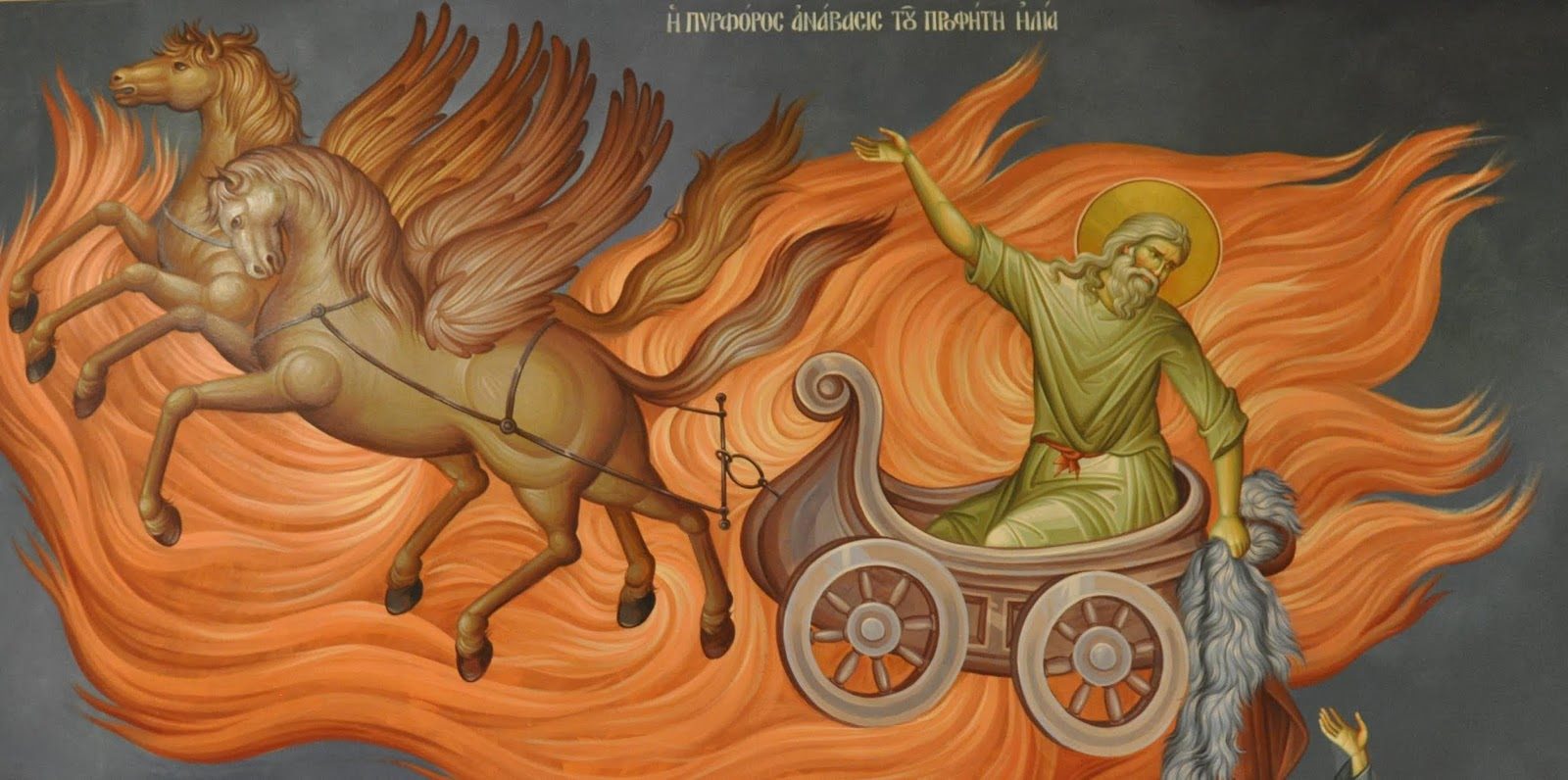 Today, July 20, we celebrate the first man on the moon, July 20, 1969. It was the Feast of St. Elijah the Prophet, who also ascended into the heavens in a fiery chariot. Who says there is not a cosmic connection!
Today, July 20, we celebrate the first man on the moon, July 20, 1969. It was the Feast of St. Elijah the Prophet, who also ascended into the heavens in a fiery chariot. Who says there is not a cosmic connection!
The Holy Great Prophet Elijah was one of the most important saintly figures for the Slav Peoples. In many cases, the peasant people lived in poverty and need from day to day. Elijah gave them hope, for he supplied for the needs of the widow of Zarephath in the time of drought:
“For the Lord, the God of Israel, says: The jar of flour shall not go empty, nor the jug of oil run dry, until the day when the Lord sends rain upon the earth.” (1 Kings 17:14) The farmers depended on the weather for the health of their crops, and very often for their very lives, and it was the Great-Prophet Elijah who was able to call down rain from heaven. Moreover, he was the hope of the future, having ascended into heaven in a fiery chariot, he was awaited as the forerunner of Christ in his second coming. He is for us, a model and rule of faith in God and in Jesus, his Messiah.
ELIJAH THE MAN OF ZEAL – he called down fire from heaven to consume our lawful sacrifice and to destroy the false priests of Baal. Elijah cried out to the Lord: ““I have been most zealous for the LORD, the God of hosts, but the Israelites have forsaken your covenant. They have destroyed your altars and murdered your prophets by the sword. I alone remain, and they seek to take my life.” 1 Kings 19:10 and 14) Therefore, the unfaithful king called Elijah “the disturber of Israel”(1 Kings 18:17) We pray that Elijah will disturb us, arouse us to faith, and strengthen our zeal for the Lord.
ELIJAH THE GIVER OF LIFE – When the widow of Zarephath lost her son, Elijah restored him to life. “Then he stretched himself out upon the child three times and he called out to the Lord: “Lord, my God, let the life breath return to the body of this child.” The Lord heard the prayer of Elijah; the life breath returned to the child’s body and he lived.” (1 Kings 17:21-22)
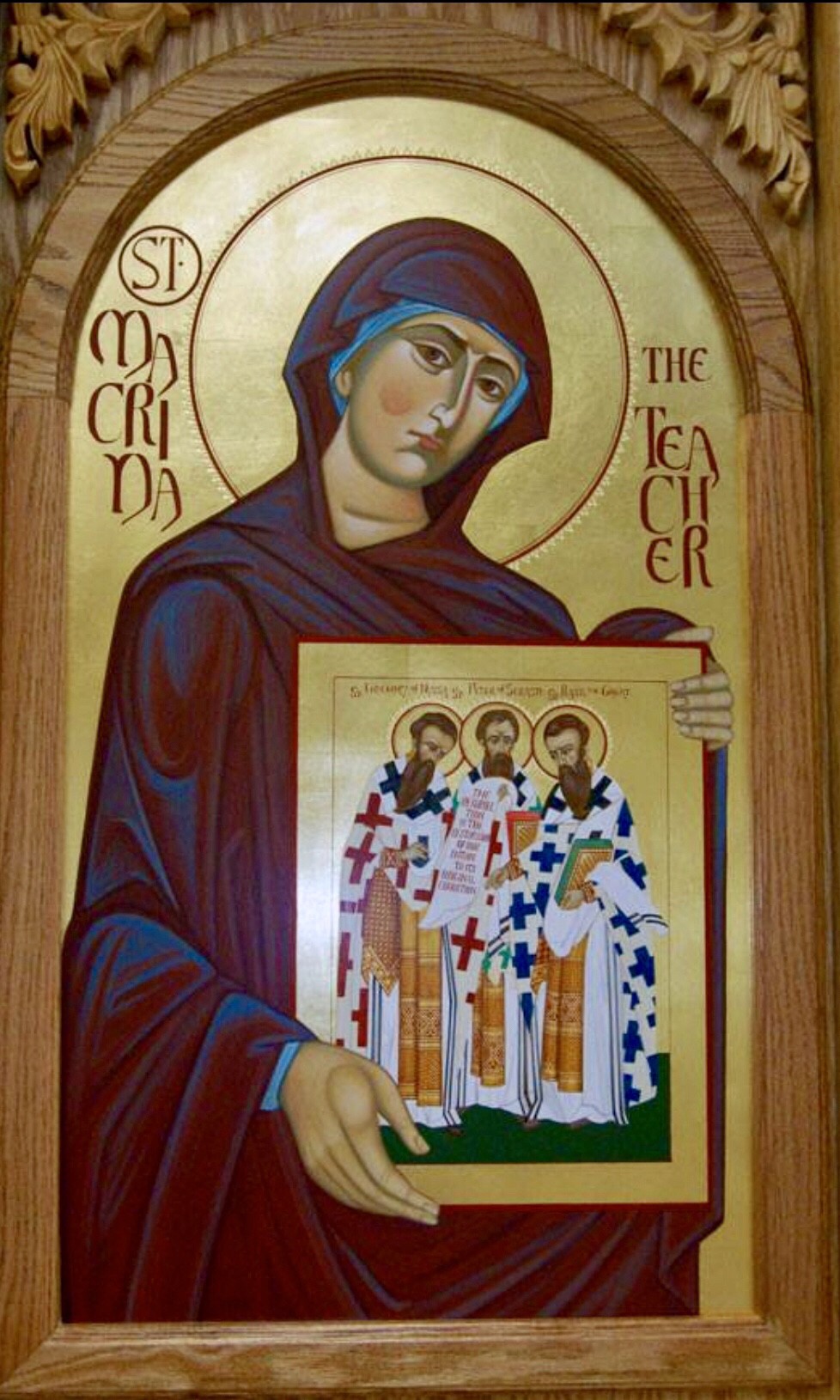 The Byzantine Church liturgically recalls Macrina (the Younger) (c. 330 — 19 July 379), a nun in the Early Christian Church. The churches, East and West, honor her witness. Her younger brother, Saint Gregory of Nyssa, composed her biography focusing heavily on her virginity and asceticism. The Church considers Macrina as a significant personage especially after Nyssa basically set the standards for what it means to be a holy Christian woman. He believed that a life of virginity reflected the “radiant purity of God.”
The Byzantine Church liturgically recalls Macrina (the Younger) (c. 330 — 19 July 379), a nun in the Early Christian Church. The churches, East and West, honor her witness. Her younger brother, Saint Gregory of Nyssa, composed her biography focusing heavily on her virginity and asceticism. The Church considers Macrina as a significant personage especially after Nyssa basically set the standards for what it means to be a holy Christian woman. He believed that a life of virginity reflected the “radiant purity of God.”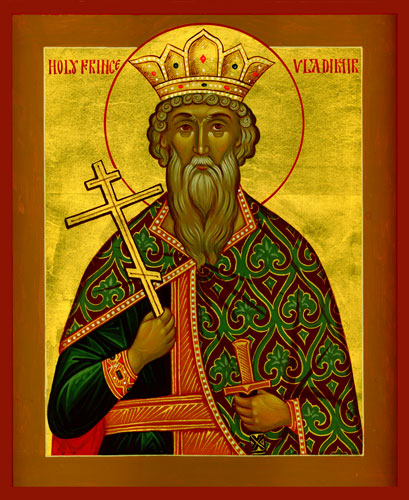 The holy Vladimir the Great, grand prince of Kiev and equal of the apostles, in baptism named Basil.
The holy Vladimir the Great, grand prince of Kiev and equal of the apostles, in baptism named Basil.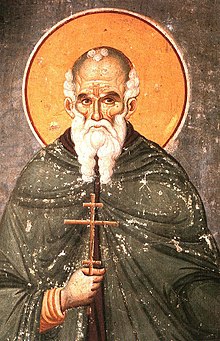 On the liturgical calendar the Church gives us a venerable father, Athanasius of Athos. His biography is interesting and useful (and a brief one follows) as it is hoped that it would assist all of us, clergy and laity alike, in following Christ more closely in the spiritual life. You may like to recall that among the many things about life in the monastery it is a more intense living of the Gospel and the tradition of the Church.
On the liturgical calendar the Church gives us a venerable father, Athanasius of Athos. His biography is interesting and useful (and a brief one follows) as it is hoped that it would assist all of us, clergy and laity alike, in following Christ more closely in the spiritual life. You may like to recall that among the many things about life in the monastery it is a more intense living of the Gospel and the tradition of the Church.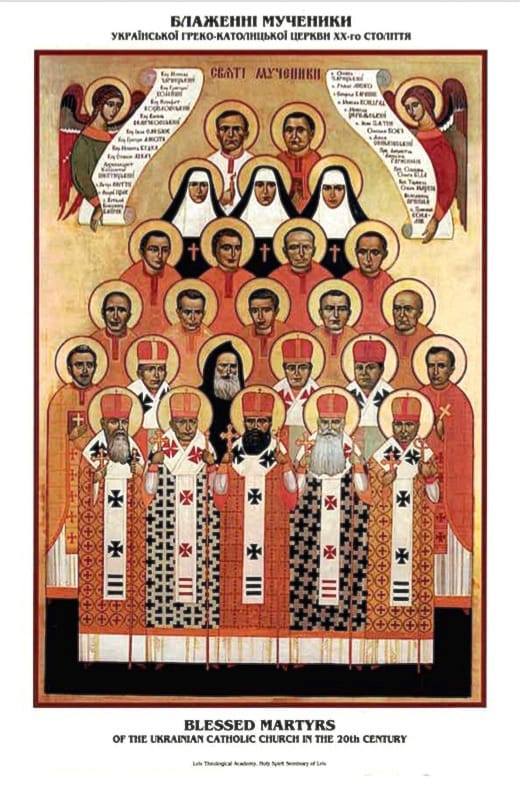 Today is the feast of the New Martyrs of Ukraine
Today is the feast of the New Martyrs of Ukraine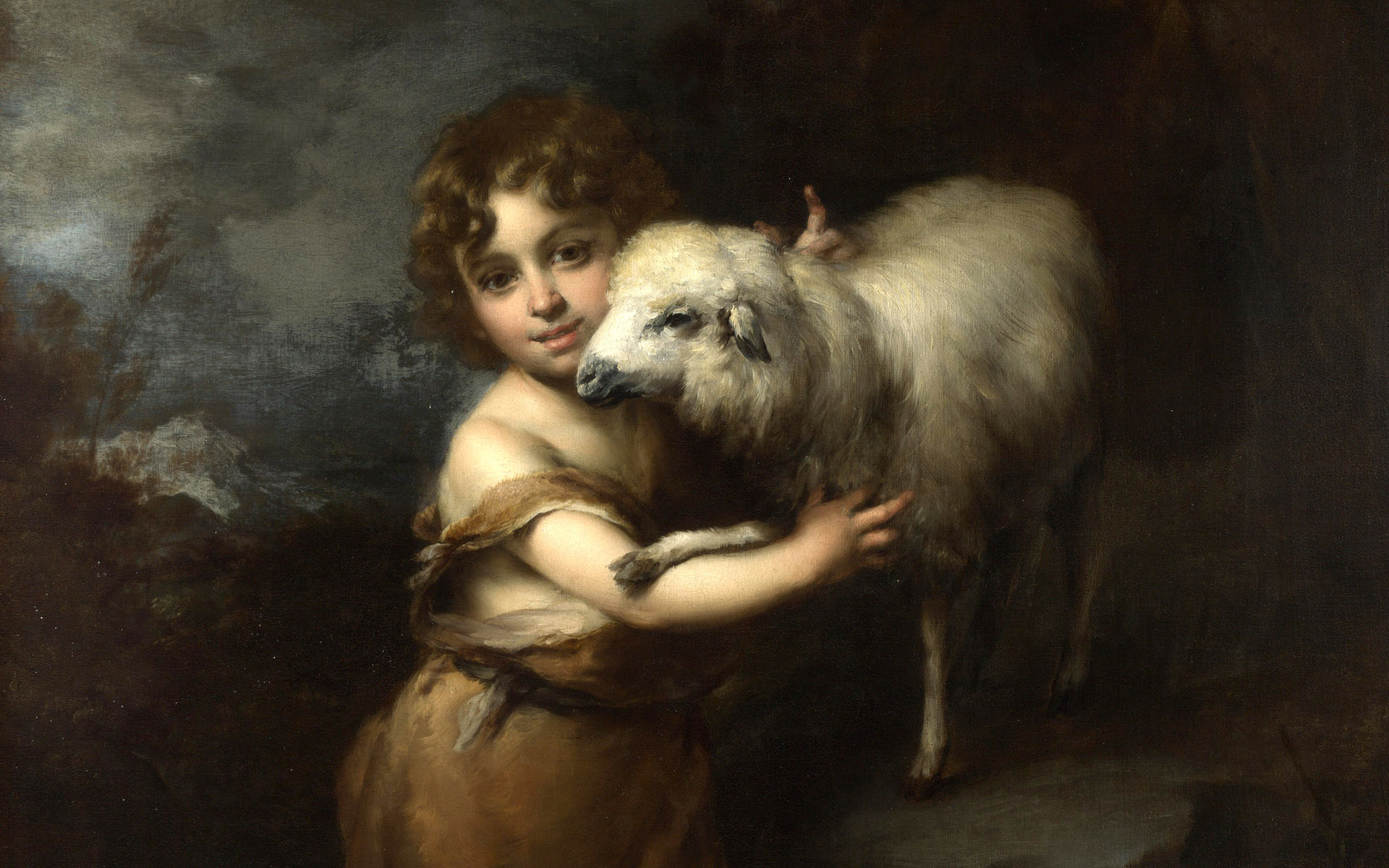 Pagan antiquity had festivals marking the winter and summer solstices. The Christian calendar absorbed these feasts, observing the birth of Christ in December on the shortest day, and that of John the Baptist in June on the longest day. From this day on, the sun slowly sinks from its zenith for six months, and begins its ascent again at Christmas. In the eyes of the Fathers, this solar rhythm is an expression of John’s words: “He must grow greater, while I grow smaller.”
Pagan antiquity had festivals marking the winter and summer solstices. The Christian calendar absorbed these feasts, observing the birth of Christ in December on the shortest day, and that of John the Baptist in June on the longest day. From this day on, the sun slowly sinks from its zenith for six months, and begins its ascent again at Christmas. In the eyes of the Fathers, this solar rhythm is an expression of John’s words: “He must grow greater, while I grow smaller.”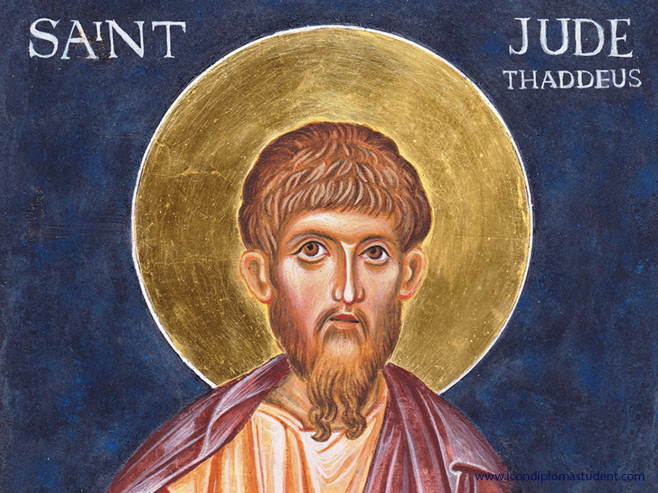 Today is the feast of The Holy Apostle Jude
Today is the feast of The Holy Apostle Jude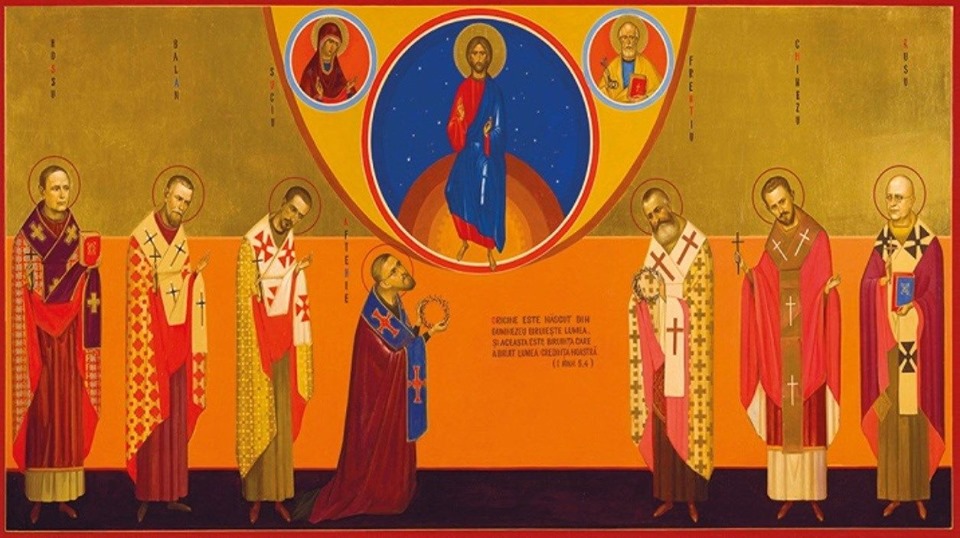 Icon of the seven newly beatified Romanian Greek-Catholic Hieromartyrs:
Icon of the seven newly beatified Romanian Greek-Catholic Hieromartyrs: Over the last fifty-some days, we have celebrated the Paschal mystery – the central mystery of our faith, from our Lord’s crucifixion, resurrection, ascension to his sending the Holy Spirit on his followers. This Sunday, after all that has been proclaimed, we add a great “Amen!” “So be it!” This “Amen” will be great only if we make it more than just words but also actions. The Holy Spirit came upon the disciples that they might be witnesses to the Paschal mystery – our Lord’s death and resurrection, and the Greek word for “witness” is “martyr.”
Over the last fifty-some days, we have celebrated the Paschal mystery – the central mystery of our faith, from our Lord’s crucifixion, resurrection, ascension to his sending the Holy Spirit on his followers. This Sunday, after all that has been proclaimed, we add a great “Amen!” “So be it!” This “Amen” will be great only if we make it more than just words but also actions. The Holy Spirit came upon the disciples that they might be witnesses to the Paschal mystery – our Lord’s death and resurrection, and the Greek word for “witness” is “martyr.”